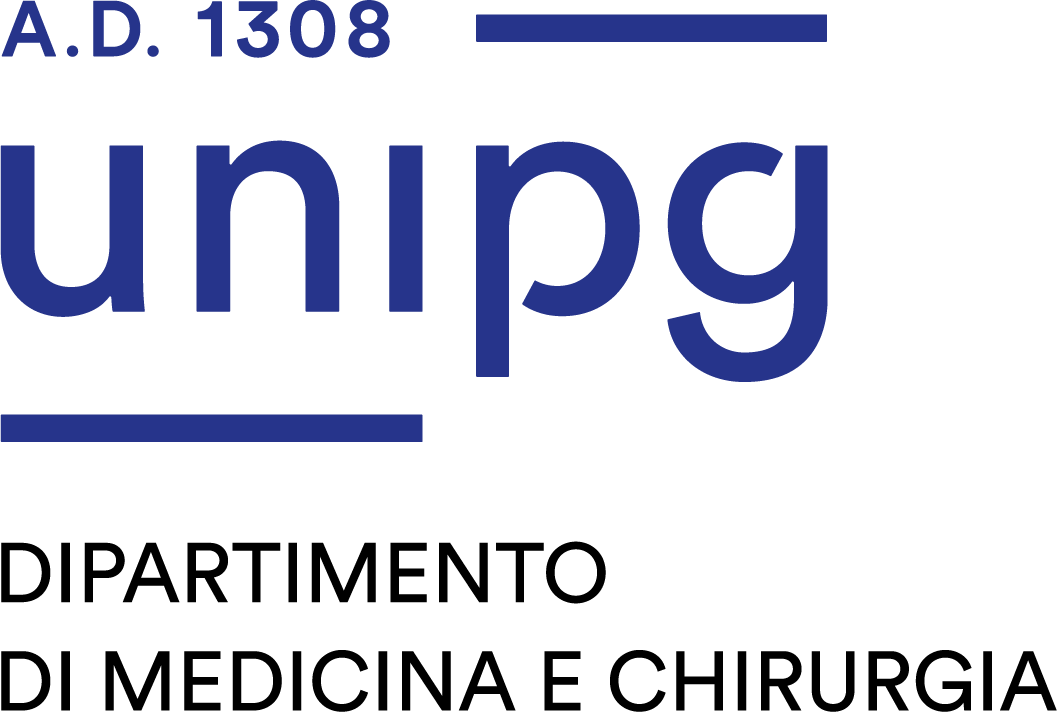|
|
 |
Scientific research demonstrates that health, aging, and well-being are influenced by a combination of individual factors, linked to each person's genetics, and external factors such as lifestyle and the environment in which one lives. Traditional approaches to disease care based on symptom analysis and focused on individual organs are no longer considered sufficient. Therefore, the development of new methodologies for identifying molecular markers for diagnosis, prevention, therapy follow-up, and artificial intelligence techniques is strategically important for the National Health System. Encouraging cross-cutting and interdisciplinary sharing between preclinical, translational, and clinical research with both public and private stakeholders is functional to this vision.
The "Preclinical Technopole" center at the Department of Medicine and Surgery benefits from the contribution of research groups with well-defined expertise, united by the goal of identifying and validating, optimizing new therapeutic approaches for diseases, developing a new approach based on personalized care pathways tailored to individual patients.
The platform consists of various operational units, as depicted in the workflow, which are functional for advanced preclinical research processes achieved through the development of new knowledge generated with the help of genomic, proteomic, and functional metabolomic approaches. Each unit utilizes specific technologies described below and implementable tools and specialized personnel who can also provide support for collaborative project development within the department and groups from other university departments or external entities. Additionally, the bioinformatics and gene editing expertise of the center's researchers allow for the study of mechanisms underlying pathological processes, identification of new therapeutic targets, and the development and/or refinement of experimental models of cellular, organoid, and animal pathology.







